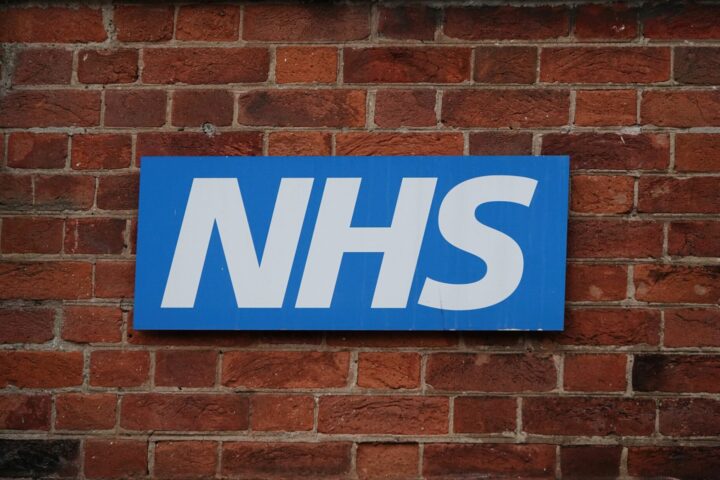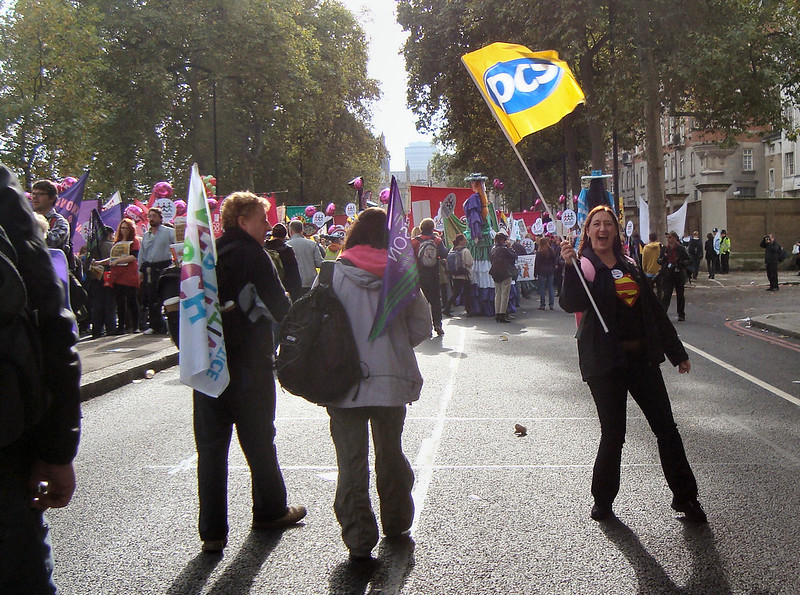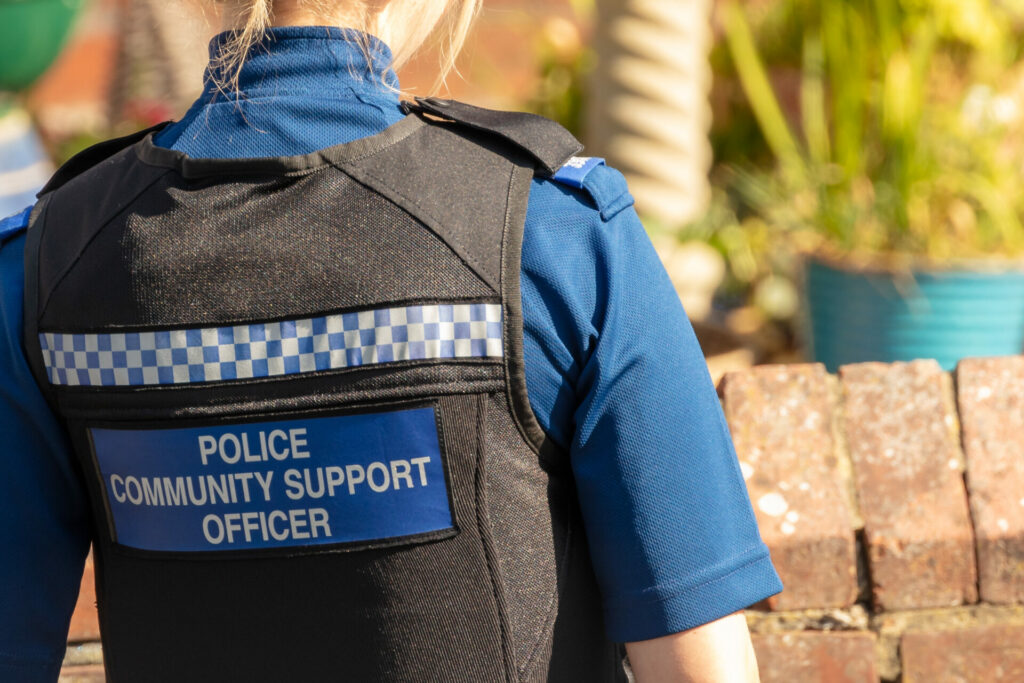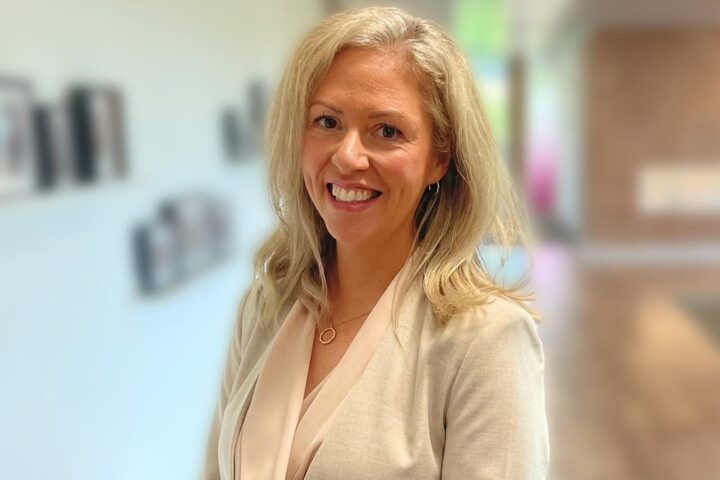NHS staff, encompassing a range of roles from ambulance workers and 111 call handlers to porters, nurses, and cleaners, have reported experiencing sexual harassment at work, including being shown pornographic material, offered money for sex, and even assaulted. This alarming revelation comes from research published by UNISON, coinciding with the start of their annual health conference in Brighton.
The survey, which involved 12,243 health workers, found that one in ten healthcare workers has faced sexual harassment. This includes inappropriate touching or kissing, demands for sexual favours in exchange for benefits, and derogatory comments. Notably, 29% of those who had experienced harassment reported instances of sexual assault.
The types of harassment reported were varied, with 50% of respondents indicating they had been leered at or subjected to suggestive gestures, and 25% suffered unwelcome sexual advances. The most common form of harassment was unwanted crude ‘banter’ or ‘jokes,’ experienced by 61% of those who had encountered harassment.
Other forms of harassment highlighted in the survey included invasion of personal space, unwelcome comments about clothing or appearance, receiving unsolicited messages of a sexual nature, and exposure to offensive material such as pornography.
Interestingly, the survey also shed light on the sources of this harassment, with 56% of incidents involving colleagues, 40% involving patients, and 16% attributed to managers. Despite the severity of these incidents, 51% of affected staff did not report the sexual harassment, citing fears of being labeled ‘over-sensitive,’ a lack of trust in the reporting process, and skepticism that their employer would take action.
Highlighting individual accounts, the survey referenced a 111 adviser who experienced regular harassment over the phone, a health worker who was sexually assaulted and raped at work, and staff who were groped by patients.
In response to these findings, UNISON is calling for legal changes to ensure employers are responsible for protecting staff from harassment by patients or contractors. Additionally, the union is advocating for NHS organizations to adopt the NHS sexual safety charter’s ten commitments.
Christina McAnea, UNISON’s general secretary, emphasised the need for action, stating, “No one should ever have to endure such despicable behaviour, and certainly not in their place of work.” She urged employers to take allegations of sexual harassment seriously and ensure that perpetrators are held accountable to prevent the continuation of this unacceptable behavior.

















